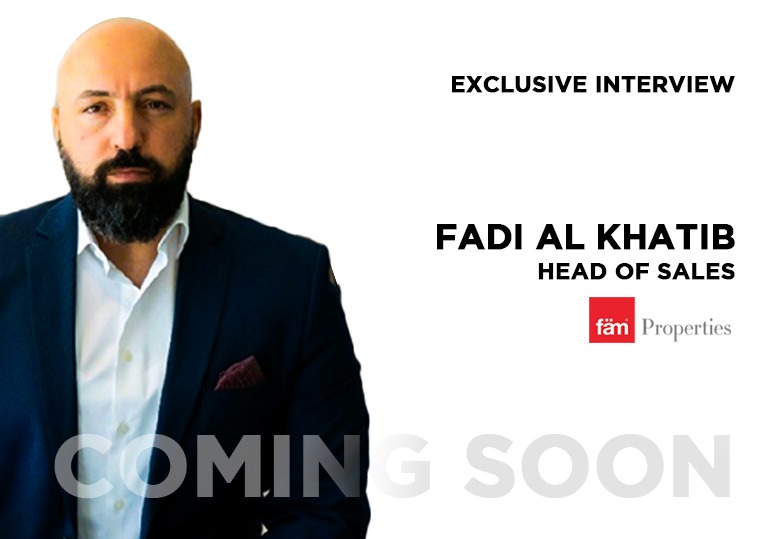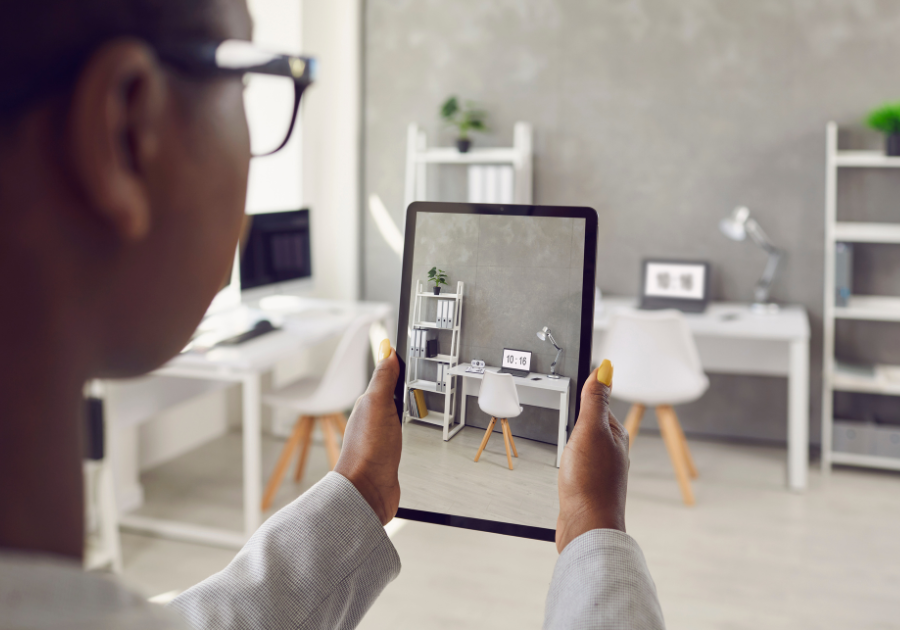In the age of social media, influencers have become
the new celebrities, and their impact on lifestyle trends cannot be denied.
From fashion to beauty to food, the influence of these digital personalities is
felt in every corner of our lives. In this blog, we’ll take a closer look at
the impact of social media and influencer culture on lifestyle trends, and what
it means for businesses and entrepreneurs who want to tap into this growing
phenomenon.
Fashion is perhaps one of the most visible areas where
influencer culture has made an impact. From Instagram to TikTok, fashion
influencers dominate the online space, sharing their unique styles and
inspiring followers around the world. As industry leaders like Anna Wintour
have noted, the rise of social media has democratized fashion, making it more
accessible to everyday people and opening up opportunities for up-and-coming
designers.
The beauty industry is also no stranger to the
influence of social media and influencers. From YouTube tutorials to Instagram
makeup looks, influencers have revolutionized the way we consume and experience
beauty products. In fact, a study by Forbes found that beauty influencers are
among the most effective when it comes to driving product sales, with 86% of
women turning to social media for beauty advice.
But it’s not just fashion and beauty where influencers
are making an impact. The food industry is also seeing a rise in influencer
culture, with food bloggers and Instagrammers inspiring followers with their
culinary creations. From viral food trends like the infamous TikTok feta pasta
to vegan influencers promoting plant-based diets, food influencers are changing
the way we eat and think about food.
Of course, with great power comes great
responsibility. As influencers become more influential, there are growing
concerns about transparency, authenticity, and ethical practices. In recent
years, there have been numerous cases of influencers promoting products without
disclosing sponsored content or engaging in other unethical practices. As
businesses and entrepreneurs look to tap into the power of influencer culture,
it’s important to do so with integrity and transparency.
One powerful example of ethical influencer culture is
the rise of the body positivity movement. In recent years, a growing number of
influencers have used their platforms to promote body acceptance and diversity,
challenging traditional beauty standards and inspiring millions of people
around the world. These influencers are not only driving a more inclusive
approach to fashion and beauty, but they are also setting an example for other
industries to follow.
So what does the future of influencer culture look
like? According to industry experts, the trend shows no signs of slowing down.
In fact, the rise of social media and influencer culture has created a new kind
of marketing landscape, where businesses can tap into the power of authentic,
relatable content to connect with audiences in new and meaningful ways.
As social media continues to evolve, so too will the
role of influencers in shaping lifestyle trends. From micro-influencers to
mega-influencers, there is a wide range of personalities and niches to choose
from, each with their own unique style and approach. For businesses and
entrepreneurs, the key is to find the right fit and to approach influencer
culture with transparency, authenticity, and integrity.
As fashion icon Diane von Furstenberg once said,
“Authenticity is key to success in any industry, but in fashion, it is
everything.” This sentiment rings true in influencer culture as well, where
authenticity and transparency are key to building trust with followers and
driving meaningful engagement. By embracing the power of influencer culture
with integrity and authenticity, businesses and entrepreneurs can tap into this
growing trend and drive real results for their brands.


.png)

.jpeg)

.png)
